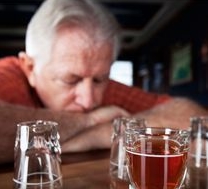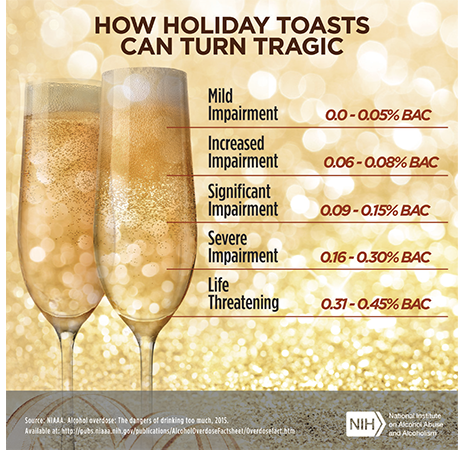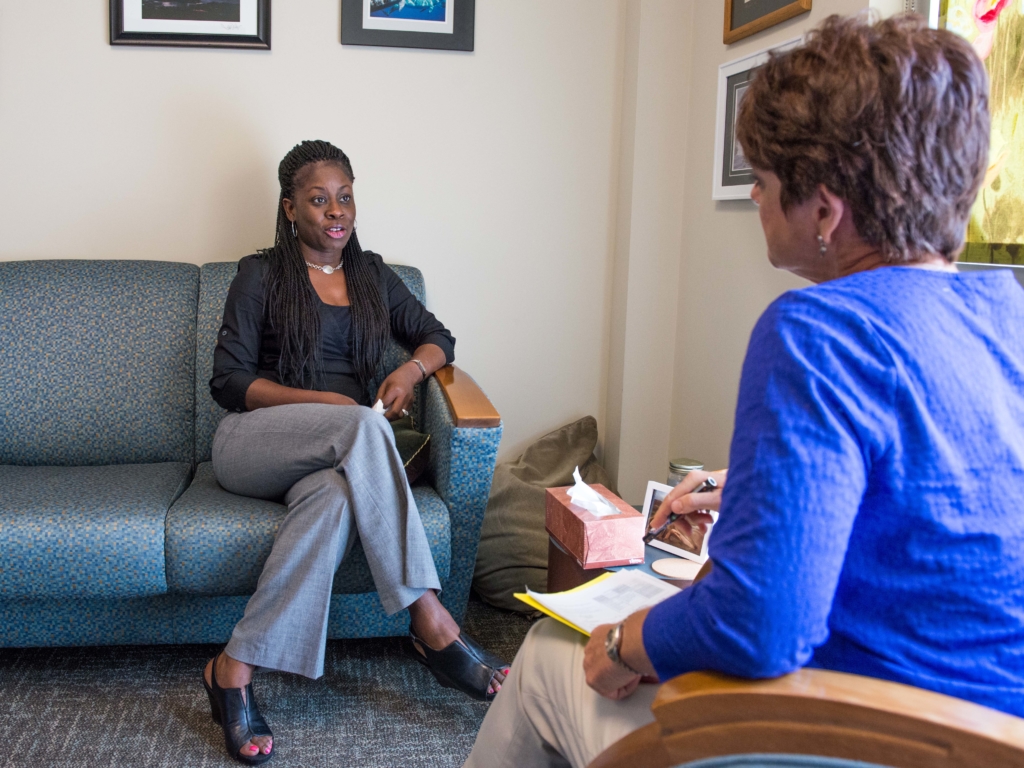This workshop will describe and define the preparation, creation, and maintenance of an Alternative Peer Group. Click here for more information and to register.
Blog
The Council on Recovery to Launch First-Ever Relapse & Renewal Clinic January 3, 2017
On January 3, 2017, The Council on Recovery will launch its first-ever Relapse & Renewal Clinic™, a revolutionary approach for helping alcoholics and drug addicts in recovery who are struggling with sobriety, even after completing inpatient rehab or participating in 12-Step groups.
“All too often, people get out of treatment and enter 12-Step groups only to find they’re still threatened by the compulsion to drink or use,” said Mel Taylor, President & CEO of The Council on Recovery. “Statistics indicate that 65% of those people relapse within their first year of sobriety. This is the single greatest risk to the recovering individual and an exploding cost to society and our healthcare system.”
The Relapse & Renewal Clinic™ is a comprehensive outpatient program that combines support, education, group therapy, and personalized one-on-one assistance to help address back-sliding and strengthen the desire to stay sober.
“The Council on Recovery has taken the lead to reduce relapse by creating this strategic and ongoing positive-intervention program,” said Taylor. “We provide the necessary tools and skills that are otherwise missing for many people post-treatment. We help them implement an immediately actionable plan for preventing relapse and maintaining their enthusiasm for recovery,”
The Relapse & Renewal Clinic™ is directed by renowned behavioral health clinician, Lori Fiester, LCSW and Director of The Council on Recovery’s Center for Recovering Families.
“Sometimes, people who’ve been sober a while –even years– find themselves struggling against relapse, or what some in the mental health community call ‘pre-lapse’.” Fiester said. “Our program anticipates these struggles and provides immediate solutions for preventing relapse and renewing confidence in sobriety. It’s both intensive and supportive, and, whenever possible, we always involve the entire family in the recovery process.”
“The program’s biggest advantage is that participants don’t have to start over in the treatment process, but rather engage in their recovery ‘where they are’,” Fiester said. “We don’t focus on negatives, like shame of relapse, but instead take the time to dig into the issues that arose in early sobriety that still need attention. We help clients build resiliency and self-care that heals and strengthens.”
The Relapse & Renewal Clinic™ is a 4-week program which gives participants sufficient time to practice recovery skills and connect more deeply with the recovery community. Beginning with a clinical assessment, participants develop an action plan comprised of psychoeducational classes and group counseling sessions held at The Council. In addition to personalized treatment, each Clinic participant is assigned a Recovery Support Consultant to provide direct one-on-one assistance, as well as support for continuing to attend 12-Step meetings.
“The Recovery Support Consultant is the key to the success of the Relapse & Renewal Clinic™,” Fiester said. “Each Consultant is specially trained in relapse prevention and sobriety support, and is an active member of the Houston recovery community. They are uniquely qualified to guide Clinic participants, whether that means taking them to 12-Step meetings, navigating treatment resources, or just being a reliable, understanding person to call at times of struggle or potential relapse.”
The Relapse & Renewal Clinic™ is designed as an affordable alternative to going back into a residential facility or sober-living arrangement when such approaches may not be possible or necessary. Priced on a monthly basis, the Clinic is available to everyone regardless of length of sobriety or number of relapses.
“Relapse is a huge threat to recovery that has not been effectively addressed, until now,” Taylor said. “The Relapse & Renewal Clinic™ is our solution to that threat. It’s based upon solid research and our experience providing treatment to families for more than 70 years. For many, it will mean renewed hope for lasting recovery.”
The Council on Recovery’s Relapse & Renewal Clinic™ is located at The Council’s main campus, 303 Jackson Hill Street, Houston, TX 77007.
The Gift of Family Healing: Kids Camp at The Council
Alcoholism and drug addiction in families are hard on children, especially at this time of year. For children ages 7-12 whose parents are struggling with substance abuse, the greatest gift may be a break from it all—a chance to have fun, express feelings, and heal the hurt. Kids Camp at The Council, December 29-31st, is that gift and registration is still open to all.
Kids Camp at The Council helps kids learn they are not alone and that other kids and families have similar experiences. Through art, games, role-play, and fun activities, kids learn to identify and express feelings, develop self-care skills, and deepen communication with their family.
Parents, caregivers, and teen siblings join the children for portions of the program, including family education and support. All services are provided in a safe and confidential setting.
Kids Camp at The Council helps parents and children open lines of communication and heal the hurt in their relationships. By learning about addiction in an age-appropriate way, kids gain valuable insight and understanding. The entire family learns new skills and is given the tools to recover.
It takes great courage to address the struggles and obstacles your family may be experiencing. Now is the time to show your children that family can prevail, healing is possible, and there is hope for a brighter tomorrow. Kids Camp is one gift that will keep giving throughout the year.
To register for the upcoming Kids Camp at The Council, December 29-31st, call 281.200.9299 or email children@council.org.
Baby Boomers Getting Smashed
STUDY SHOWS BINGE DRINKING & ALCOHOL ABUSE RISING IN PEOPLE OVER 50
An alarming increase in unhealthy alcohol use and binge drinking is occurring among adults age 50 and older, according to a new study conducted by New York University. The increase is particularly troubling given the negative impact alcohol can have on chronic disease management and risk of injuries prevalent in this age group.
“Older adults have particular vulnerabilities to alcohol due to physiological changes during aging, including increasing chronic disease burden and medication use,” Benjamin Han, MD, MPH at NYU Langone Medical Center, recently told sciencedaily.com. Han’s study also found a greater increase in binge alcohol use and alcohol use disorder in women in the nationally representative sample from 2005-2014.
“As females age, they tend to experience a larger impact of physiological changes in lean body mass compared to men,” said Dr. Han. “Thus, they may experience the adverse effects associated with consuming alcohol even in lower amounts. Health care providers need to be made aware of this increasing trend and ensure that screening for unhealthy alcohol use is part of regular medical care for this population.”
The public health concerns raised by this research are highest for older adults who reported fair to poor health and/or multiple chronic conditions. In response to these concerns in Houston, The Council on Recovery has prevention, education, and treatment programs that address alcohol and substance abuse in people over 50. As the oldest and largest non-profit organization providing such services in the Greater Houston area, The Council has been the starting point for Baby Boomers needing help for many years. The Council can be reached at 855.942-4100.
Note: An abstract of the study, “Demographic trends of binge alcohol use and alcohol use disorders among older adults in the United States, 2005–2014” published in the journal Drug and Alcohol Dependence can be found at http://dx.doi.org/10.1016/j.drugalcdep.2016.11.003
Know the Myths About Holiday Drinking
Celebrating the spirit of the holiday season often means drinking holiday spirits. Most people celebrate responsibly, but during this season, more people are likely to drink beyond a safe limit than at other times of year. The consequences can range from fighting to falling to tragic car accidents. Despite knowledge of the dangers, myths around drinking abound, some of which can prove fatal.
Myth: Decision-making abilities and driving skills are not impaired until intoxication occurs.
Fact: Even a few drinks can diminish decision-making (including the decision of whether or not to drive!) and driving skills well before physical signs of intoxication. Though many people initially feel stimulated by a drink or two, alcohol can rapidly decrease good judgment and reaction times as its depressant effects take hold. Though one may not feel or appear drunk, the sharpness needed for good decisions and responsible driving can be compromised by even a small amount of alcohol.
Myth: If you’re not slurring your words or acting inebriated, it’s okay to drive.
Fact: Coordination needed for safe driving is compromised long before the signs of intoxication occur. Additionally, the sedative effects of alcohol increase the risk of losing attention or falling asleep behind the wheel.
Myth: After drinking all evening, it’s okay to drive after “sobering up.”
Fact: When people finish drinking, they often misjudge how long alcohol affects their driving abilities. According to the National Institute on Alcohol Abuse and Alcoholism, alcohol’s effect on the body and brain may persist long after the final drink. Despite a cup of coffee or cold-shower, alcohol in the bloodstream can continue to impair judgment and coordination for many hours.
Myth: A couple of cups of coffee will sober you up.
Fact: Though caffeine may help avert drowsiness, it doesn’t affect the alcohol that’s still in your bloodstream impairing judgment or coordination. It may take hours for the body to return to normal after metabolizing alcohol. In this way, time (without additional alcohol) provides the only way to truly sober up.
Though there are many myths about drinking, driving, and other behaviors, the facts readily dispel each one of them. The Council on Recovery wants everyone in our community to be safe during this season and recommends adherence to the old adage, “Don’t Drink and Drive”, especially around the holidays. And, if you or someone you know has a problem with alcohol, drugs, or other addictive behaviors, call The Council today and give the gift of recovery.
House Passes 21st Century Cures Act
 On November 30th, the U.S. House of Representatives passed the 21st Century Cures Act, a medical research and innovation bill that includes $1 billion to help combat heroin and opioid addiction. Funding in the bill is aimed at prevention and treatment, as well as training health care practitioners in best prescribing practices for reducing misuse, abuse, and overdose prevention. While the funds are spread over two years and available to states in the form of federal block grants, it’s not clear how states will receive funding with regard to locations with higher incidence or prevalence of opioid abuse.
On November 30th, the U.S. House of Representatives passed the 21st Century Cures Act, a medical research and innovation bill that includes $1 billion to help combat heroin and opioid addiction. Funding in the bill is aimed at prevention and treatment, as well as training health care practitioners in best prescribing practices for reducing misuse, abuse, and overdose prevention. While the funds are spread over two years and available to states in the form of federal block grants, it’s not clear how states will receive funding with regard to locations with higher incidence or prevalence of opioid abuse.
Though passed with wide bipartisan support, the 21st Century Cures Act does not address issues related to the production, distribution, or marketing of opioid painkillers by pharmaceutical manufacturers. Big Pharma’s support of the bill also raises important concerns about the prospect of future regulation of the manufacture of opioids, as the bill provided regulatory rollbacks long-sought by the industry. It remains to be seen exactly how Congress will gain meaningful assistance in fighting the opioid epidemic from the producers of prescription painkillers.
Despite the uncertainties of how the 21st Century Cures Act will ultimately play out, The Council on Recovery still recognizes the House’s passage of this bill as an important step toward preventing and treating opioid abuse. The bill is expected to garner bipartisan support in the Senate when it is debated this week and we support its passage.


